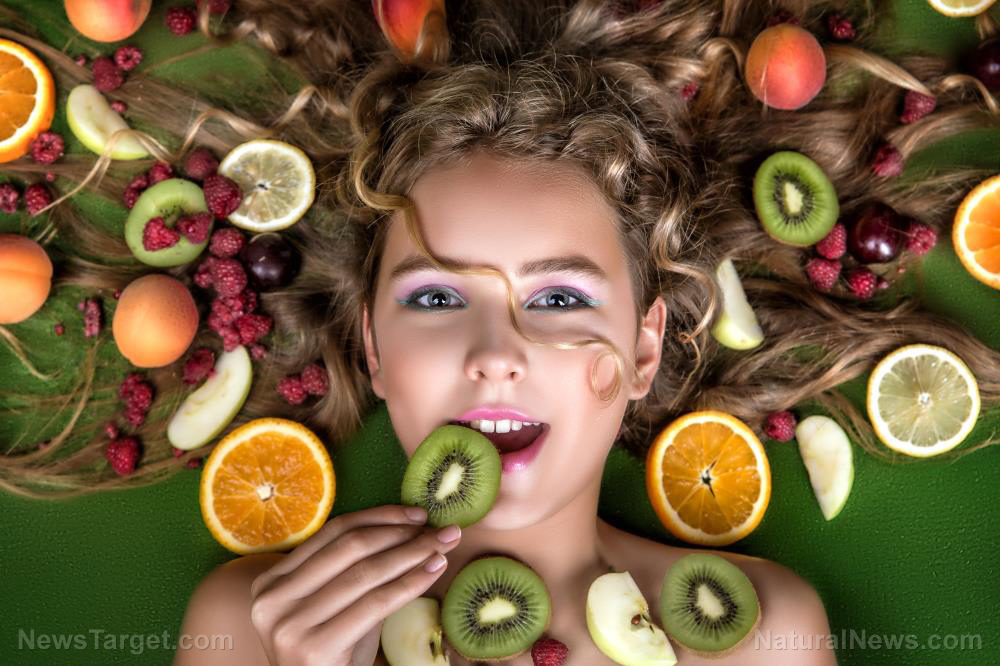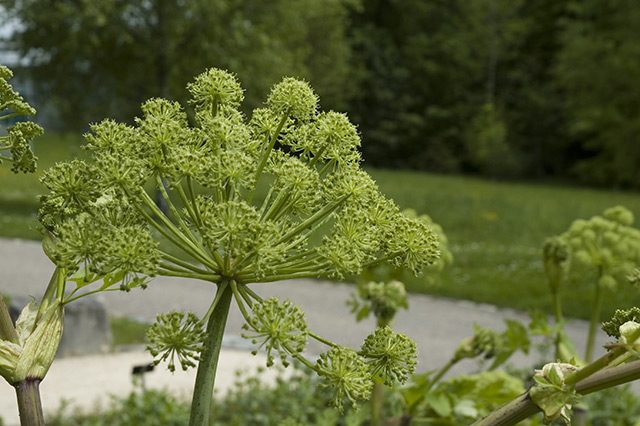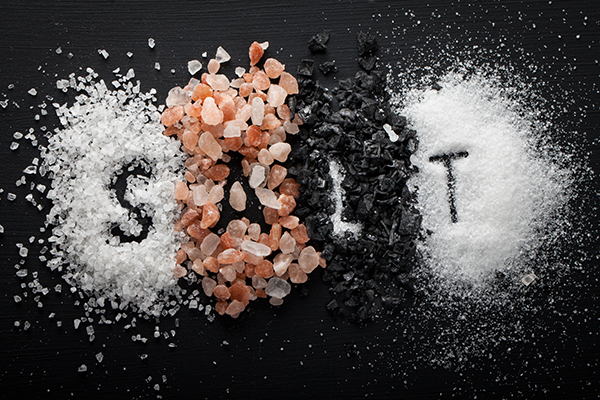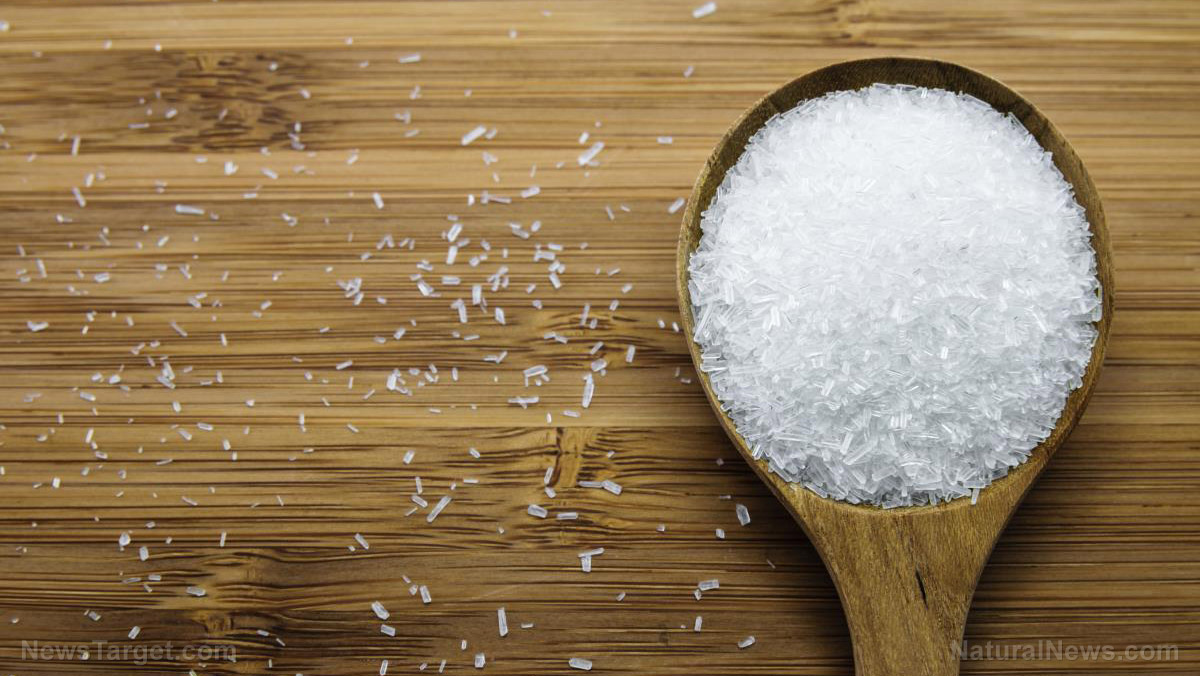The secret to ageless hair: How diet can preserve your crowning glory
05/21/2025 / By Ava Grace

- Diet significantly impacts hair vitality, with deficiencies in vitamins and minerals leading to thinning, brittleness and hair loss. Whole, nutrient-dense foods are the most effective solution.
- Hair follicles require protein, biotin, iron, zinc, omega-3s and antioxidants like vitamins C and E to sustain growth, repair and protect against oxidative stress.
- Keratin, the main structural protein in hair, relies on dietary protein found in eggs, lean meats and Greek yogurt and biotin for strength and elasticity. Over-supplementation can be counterproductive, however.
- Vitamin C (from berries, citrus) neutralizes free radicals and aids iron absorption, which is crucial for preventing hair thinning. Iron-rich foods include spinach, lentils and red meat (in moderation).
- Fatty fish (salmon, mackerel), avocados and nuts reduce inflammation and protect hair from environmental damage, emphasizing the benefits of whole foods over synthetic supplements.
For centuries, people have sought the fountain of youth – not just for their skin, but for their hair. While genetics and age play undeniable roles in hair health, modern science confirms that diet is a powerful factor in maintaining a thick, lustrous mane well into old age.
The connection between nutrition and hair vitality is not just folklore. It’s backed by research showing that deficiencies in key vitamins and minerals can lead to thinning, brittleness and even hair loss. In an era where processed foods dominate, returning to whole, nutrient-dense foods may be the most effective yet overlooked solution for preserving hair health.
Hair follicles are among the most metabolically active structures in the body, requiring a steady supply of nutrients to sustain growth and repair. The hair growth cycle consists of three phases: Anagen (growth), catagen (transition) and telogen (resting).
A lack of essential vitamins and minerals can disrupt this cycle, pushing more follicles into the resting phase and leading to shedding. Key nutrients such as protein, biotin, iron, zinc and omega-3 fatty acids act as building blocks for keratin, the protein that forms hair strands. Meanwhile, antioxidants like vitamins C and E protect follicles from oxidative stress. (Related: Help your hair by eating these 10 foods full of healthy hair growth properties.)
Eat these foods for lively locks
Hair is primarily made of keratin, a structural protein that relies on dietary protein for its formation. Eggs, lean meats and Greek yogurt are among the best sources of high-quality protein, supplying amino acids critical for hair strength and elasticity.
Biotin, found abundantly in eggs, further supports keratin production. While biotin supplements are heavily marketed, most people get enough from a balanced diet. However, over-supplementation can interfere with other nutrients – proving that nature’s design is often superior to artificial fixes.
Oxidative stress, caused by free radicals, damages hair follicles over time – accelerating aging and hair loss. Berries, sweet peppers and citrus fruits are rich in vitamin C, which not only neutralizes free radicals but also enhances the absorption of iron – a mineral crucial for red blood cell production.
Iron deficiency anemia is a well-documented cause of hair thinning, particularly in women. Spinach, lentils and red meat provide bioavailable iron – though moderation is key, as excessive red meat consumption has been linked to other health risks.
Fatty fish like salmon and mackerel deliver omega-3 fatty acids, which reduce inflammation and support scalp health. A dry, flaky scalp can impede hair growth, making these healthy fats essential. Avocados and nuts, packed with vitamin E, further protect hair from environmental damage.
Unlike synthetic supplements, whole foods provide these nutrients in balanced proportions, minimizing the risk of toxicity – a reminder that modern diets often neglect time-tested wisdom in favor of quick fixes. The quest for healthy hair is not about miracle treatments or expensive supplements; it’s about returning to the basics of nutrition.
In a culture obsessed with shortcuts, the most effective solutions are often the simplest: A diet rich in whole foods, balanced in proteins, vitamins and minerals. While genetics set the baseline, diet determines how well hair endures over time. For those seeking to preserve their crowning glory, the answer may lie not in a pill bottle, but on their plate.
Visit Health.news for more similar stories.
Watch this video about how collagen peptides support healthy skin and hair.
This video is from the Health Ranger Store channel on Brighteon.com.
More related stories:
Vitamins and herbs for strong, healthy hair.
Combat scalp irritations and promote healthy hair.
Balance hormones with nutrition and grow healthy hair.
5 ways apple cider vinegar can help give you healthy hair.
Sources include:
Submit a correction >>
Tagged Under:
#nutrition, antioxidants, biotin, Diets, Free radicals, hair health, health science, healthy diet, keratin, nutrients, oxidative stress, protein
This article may contain statements that reflect the opinion of the author





















